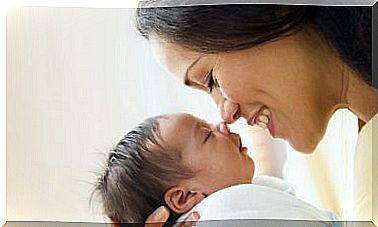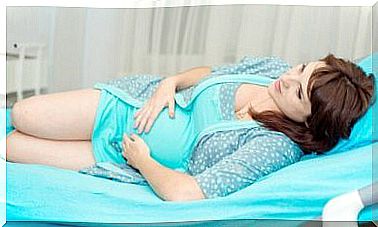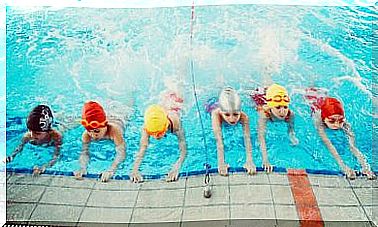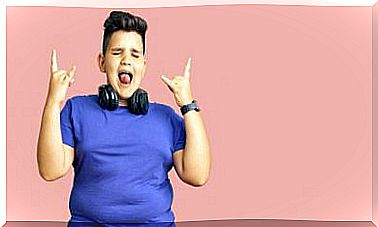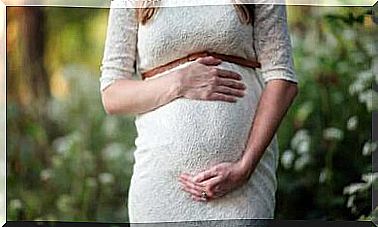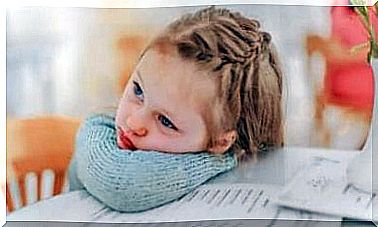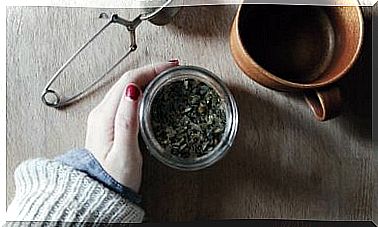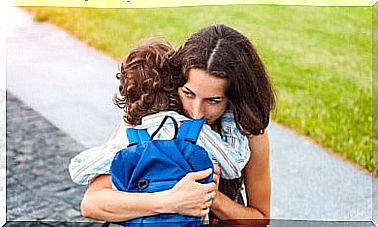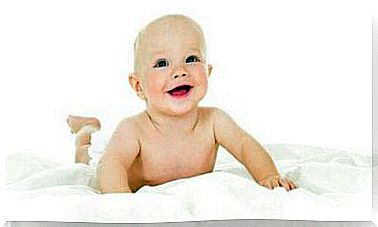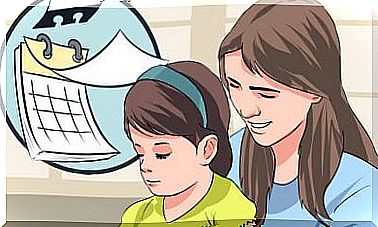Good Personal Hygiene Should Be Learned As A Child
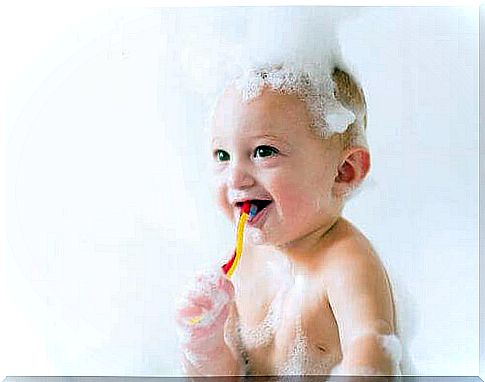
Taking care of personal hygiene is important for both adults and children. Good personal hygiene is worth learning from childhood. In addition to making hygiene coexistence more pleasant, it is an important means of preventing the spread of viral and bacterial diseases.
Habits are formed little by little, and in order for a particular thing to become a habit, it must be repeated many times. This is why it is important for parents to start teaching their child good personal hygiene habits at an early age. Gradually, the child learns the habits, and they stay with him throughout life.
What is personal hygiene?
Personal hygiene generally means taking care of one’s own cleanliness, but it also involves taking care of one’s health and appearance. Taking care of personal hygiene and hygiene in general is often taken for granted, but they are in fact important basic needs. Taking care of personal hygiene not only aims to prevent the transmission of diseases, but also to ensure the harmonious coexistence of people.
Everyone is responsible for taking care of their own personal hygiene, and the home is the first place a small child learns to take care of themselves. Children learn best through the daily exercises included in everyday life and by following the good example of their parents. Educational moments should be organized so that they are pleasing to the child, and parents are often adept at applying different strategies to make everyday habits appear fun to children. In addition to parents, day care and school also have an important role to play in teaching personal hygiene.
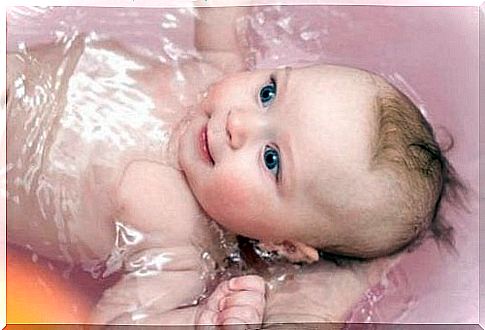
The most important ways of taking care of personal hygiene
1. Daily shower or bath
Most experts recommend that the baby should be washed with a sponge or cleaning cloth until it is detached from the umbilical cord until the umbilical cord stub comes off. Once the umbilical cord is healed, the baby can start soaking once or twice a week. As the child learns to crawl, he becomes more soiled, and at this point he can begin to bathe daily.
A small child can be sown at any time of the day, except immediately after a meal. Evening is often considered the best bathing time. If a child is bathed every night before going to bed, bathing becomes a good routine.
By the age of four, the child will be able to take off their clothes, soap their bodies and rinse their hair. However, it is only at the age of about six years that he is able to independently perform all the measures required for proper hygiene care and is thus ready to take a shower without supervision. However, this is a mere assessment, and the final decision is influenced by the individual development of the child.
2. Wash and brush your hair well
Hair gets dirty easily due to the surrounding dirt and also starts to grease during adolescence. For a small child, a water wash is usually enough, because at this point, the hair is not yet greased in the same way as the hair of a teenager or adult. Shampooing should only be used when the hair feels clearly dirty or sticky. It is advisable for the child to choose a mild, fragrance-free product with as few chemicals as possible.
3. Wash your hands regularly
Good hand hygiene is one of the most important aspects of hygiene. According to UNICEF, up to 50% of illnesses and deaths in young children are caused by bacteria that pass with the feces and infect children when they eat food with dirty hands. It is important to teach your child to wash their hands whenever they arrive home, before eating and after going to the toilet.
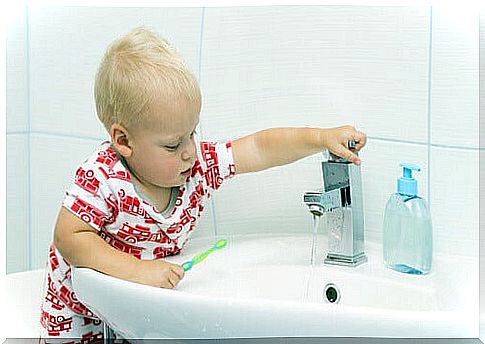
4. Nail care
It is advisable to keep the child’s nails short so that he does not injure himself by scratching his skin, in addition to which viruses and bacteria cannot accumulate under short nails in the same way as under long nails. A child can be taught to clean their nails with a nail brush, especially after dirty play.
5. Brushing your teeth twice a day
Brushing your baby’s teeth starts immediately after the first tooth erupts, and just like adults, children’s teeth are brushed in the morning and evening. Regular brushing is the most effective way to prevent tooth decay and other dental problems.
At the stage when the first teeth are just about to erupt, the baby’s gums can be cleaned, for example, with gauze wrapped around a finger. After the first teeth erupt, the baby’s teeth are brushed with light movements with a small, soft toothbrush, using a small amount of fluoride toothpaste. The child needs the help of parents to brush their teeth until they are at least 3 years old, after which they are usually able to perform at least part of the brushing independently.
